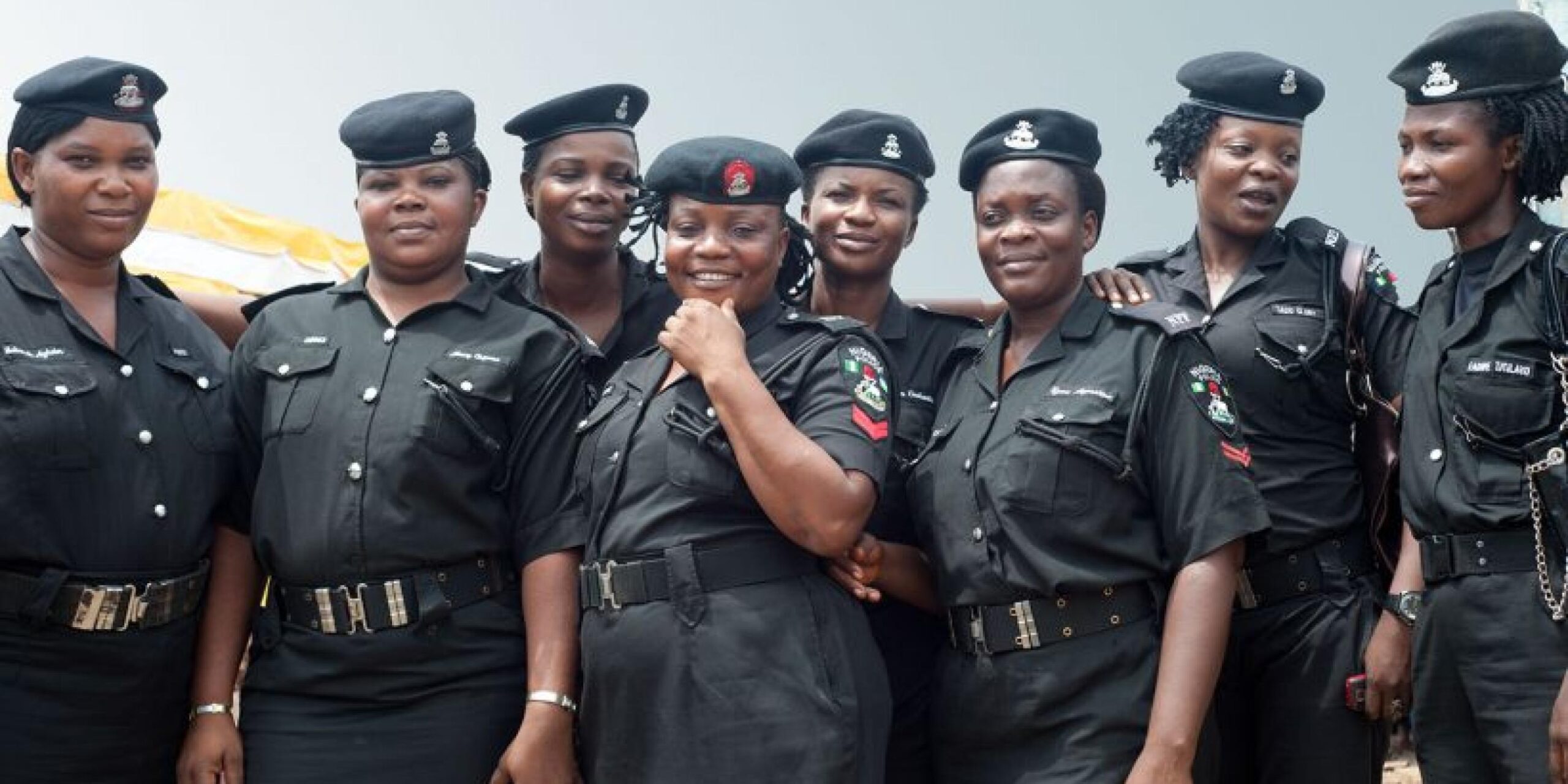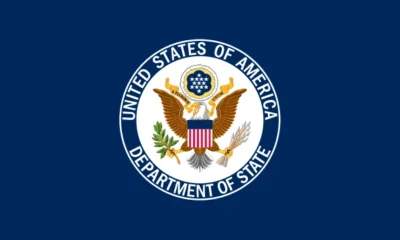News
EXPOSED: Enugu Female Police Officers Forced To Pay N5,000–N10,000 For Women Police 70th Anniversary, Face Transfer Threats
Anxiety is rising within the Enugu State Police Command as female officers allege they are being compelled to pay mandatory levies for the 70th Anniversary Celebration

- Anxiety is rising within the Enugu State Police Command as female officers allege they are being compelled to pay mandatory levies for the 70th Anniversary Celebration of Nigerian Women Police, with threats of punitive transfers for those who refuse.
An atmosphere of tension is brewing within the Enugu State Police Command following allegations that female police personnel are being compelled to pay mandatory levies for the upcoming 70th Anniversary Celebration of Nigerian Women Police, scheduled for December 4.
According to internal memos circulated on WhatsApp by senior female officers, all female personnel across divisions and formations were instructed to contribute specific amounts toward branded T-shirts and entertainment for the event.
Under the arrangement, senior female officers are expected to pay N10,000 and above, while those in the Inspector, Rank and File cadre are mandated to pay N5,000. The funds are to be collected by the “most senior woman” in each division and remitted to a personal account:
Name: Theresa Eneh Chioma
Account Number: 3030601038
Bank: First Bank Plc

Personnel were directed to complete their payments on or before November 20 and to submit proof of payment for what the memo called “proper accountability.” The notice also urged female officers to attend the celebration “en masse” and “make Enugu proud,” adding that branded T-shirts were already in place.
However, multiple sources within the Command say the so-called voluntary levy is being enforced. Officers who fail to pay are allegedly being threatened with punitive transfers to remote or difficult terrains.
DON’T MISS: BREAKING: Italy Presses Nigerian Government to Prosecute Christian Killers
“Anyone who doesn’t pay will be posted to interior villages such as Uzo-Uwani and other hard-to-reach areas as punishment,” one officer said. “We were told clearly that refusal to pay means you’re not supporting the celebration.”
Another female officer expressed worry over the pressure placed on junior personnel.
“How can we be forced to pay from our salaries when we are already struggling?” she said. “This is not voluntary. They have weaponised transfers.”
The directive, which involves payment into a personal bank account rather than an official police account, has also raised concerns about transparency and the legality of compelling staff to make such contributions.























